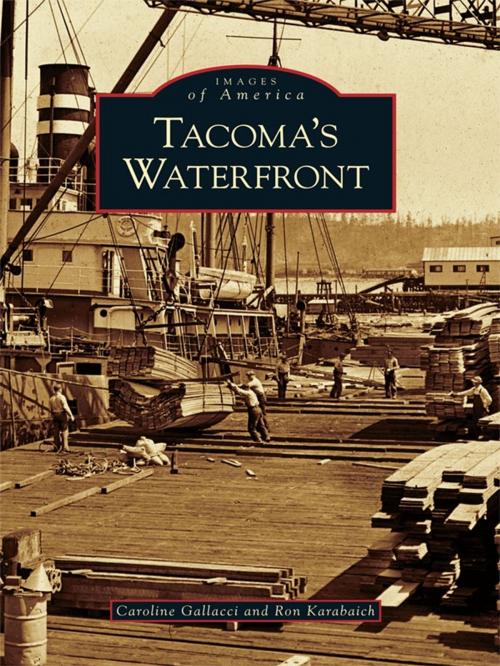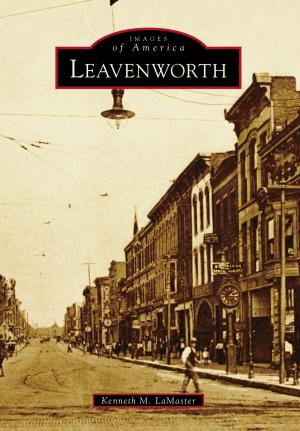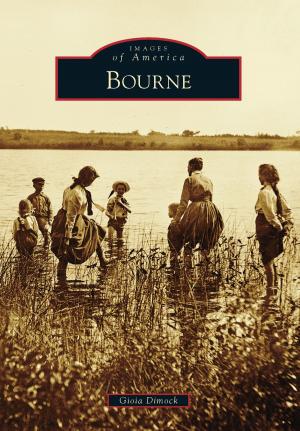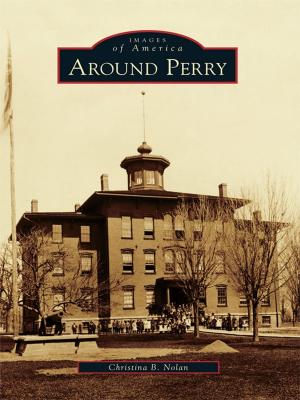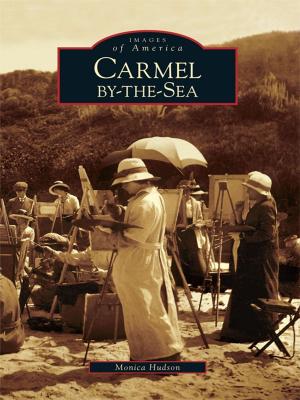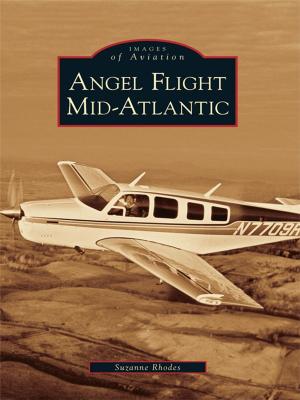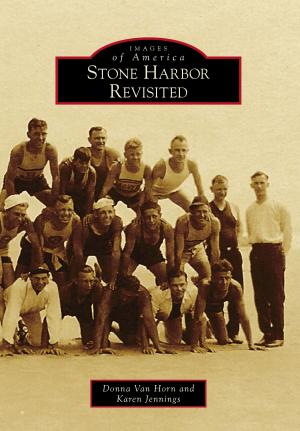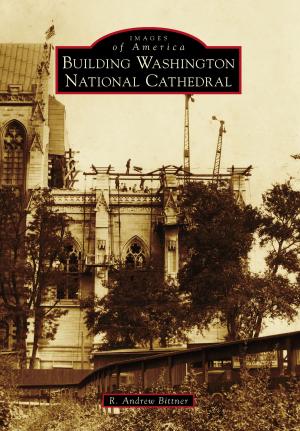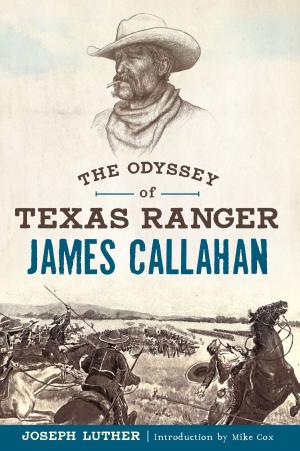Tacoma's Waterfront
Nonfiction, Reference & Language, Transportation, Ships & Shipbuilding, History, Art & Architecture, Photography, Pictorials, Travel| Author: | Caroline Gallacci, Ron Karabaich | ISBN: | 9781439634318 |
| Publisher: | Arcadia Publishing Inc. | Publication: | December 6, 2006 |
| Imprint: | Arcadia Publishing | Language: | English |
| Author: | Caroline Gallacci, Ron Karabaich |
| ISBN: | 9781439634318 |
| Publisher: | Arcadia Publishing Inc. |
| Publication: | December 6, 2006 |
| Imprint: | Arcadia Publishing |
| Language: | English |
For more than 150 years, the activity on and around Commencement Bay-since the 1840s, when Charles Wilkes first named it, to the present day-has been a barometer for measuring Tacoma's maritime and industrial growth and development. Wilkes's early exploration assured the inclusion of Puget Sound within the boundaries of the United States following negotiations with Great Britain in 1846. Drawn to the deep waters of the south shore of the bay, the Northern Pacific Railroad established its transcontinental terminus here in 1873 and, in the process, created the city of Tacoma. In the early years, the waterfront was alive with the sights and sounds of commerce. The "longest wheat wharf in the world" lined the south shoreline, longshoremen handled cargo, the Mosquito Fleet carried people to and from the municipal dock, and the Puyallup River delta was transformed into the bustling Port of Tacoma.
For more than 150 years, the activity on and around Commencement Bay-since the 1840s, when Charles Wilkes first named it, to the present day-has been a barometer for measuring Tacoma's maritime and industrial growth and development. Wilkes's early exploration assured the inclusion of Puget Sound within the boundaries of the United States following negotiations with Great Britain in 1846. Drawn to the deep waters of the south shore of the bay, the Northern Pacific Railroad established its transcontinental terminus here in 1873 and, in the process, created the city of Tacoma. In the early years, the waterfront was alive with the sights and sounds of commerce. The "longest wheat wharf in the world" lined the south shoreline, longshoremen handled cargo, the Mosquito Fleet carried people to and from the municipal dock, and the Puyallup River delta was transformed into the bustling Port of Tacoma.
